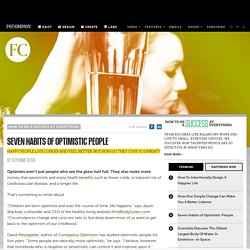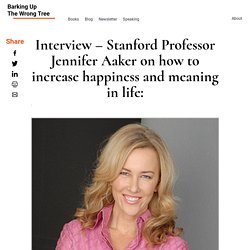

The Number One Cause of Suffering According to Buddhism (and What You Can Do ... Ever heard of the four noble truths of Buddhism?

If you haven’t, it’s basically the four principles of life that govern Buddhism philosophy. They are: The truth of suffering (dukkha)The truth of the cause of suffering (samudaya)The truth of the end of suffering (nirhodha)The truth of the path that frees us from suffering (magga) In this article, we’re going to talk about the second noble truth on what causes our suffering and then discuss strategies we can use to overcome it. What Causes Our Suffering According to Buddhism, suffering arises from attachment to desires. Buddhism says that the only constant in the universe is change, and by desiring you are trying to control and make something fixed. Suffering Ceases When Attachment To Desire Ceases The end to suffering is when the mind experiences freedom from attachment. How Do You Eliminate Desire? It’s important to remember that it’s impossible to eliminate desire completely. 1.
What Are Some Practical Strategies? 2) Embrace Change. Comments. The Most Proven Technique For Increasing Long Term Happiness. The happy secret to better work: A reading list. Seven Habits of Optimistic People. Optimists aren’t just people who see the glass half full.

They also make more money than pessimists and enjoy health benefits such as fewer colds, a reduced risk of cardiovascular disease, and a longer life. That’s something to smile about. "Children are born optimists and over the course of time, life happens," says Jason Wachob, cofounder and CEO of the healthy living website MindBodyGreen.com. "Circumstances change and cynicism sets in, but deep down most of us want to get back to the optimism of our childhood. " David Mezzapelle, author of Contagious Optimism, has studied optimistic people for five years: "Some people are naturally more optimistic," he says. Optimism isn’t a pie-in-the-sky ideal, says Mezzapelle. Like any healthy habit, Wachob says optimism is something you need to practice every day. 1. Being appreciative of big blessings isn’t enough; Mezzapelle says optimists are grateful for the smallest things in life. 2. "This helps you feel grateful for what you have," he says.
Happiness Downloads. 10 Simple, Science-Backed Ways To Be Happier Today. Editor's Note: This is one of the most-read leadership articles of 2013.

Click here to see the full list. Happiness is so interesting, because we all have different ideas about what it is and how to get it. It’s also no surprise that it’s the Nr.1 value for Buffer’s culture, if you see our slidedeck about it. So naturally we are obsessed with it. I would love to be happier, as I’m sure most people would, so I thought it would be interesting to find some ways to become a happier person that are actually backed up by science. 1.Exercise more--7 minutes might be enough You might have seen some talk recently about the scientific 7 minute workout mentioned in The New York Times. Exercise has such a profound effect on our happiness and well-being that it’s actually been proven to be an effective strategy for overcoming depression. The groups were then tested six months later to assess their relapse rate. Interview - Stanford Professor Jennifer Aaker on how to increase happiness and meaning in life:
Is a little bit of awe what you need to be a better person?

Is your calendar the secret to happiness? What makes for a meaningful life? These are some of the things I talked about with my friend Jennifer. She’s a professor at Stanford University’s Graduate School of Business and has published fascinating papers on happiness, meaning, money and how we spend our time. Her book is The Dragonfly Effect. Subscribers to my free weekly newsletter get access to extended interviews. The big big power of feeling very very small Eric: You did some research on awe and how it affects us. Jennifer: Be Who You Want To Be.